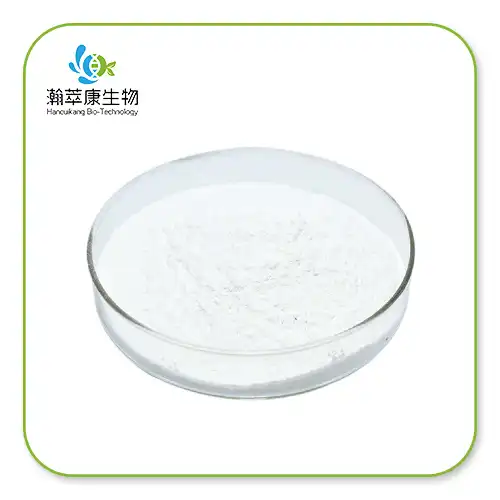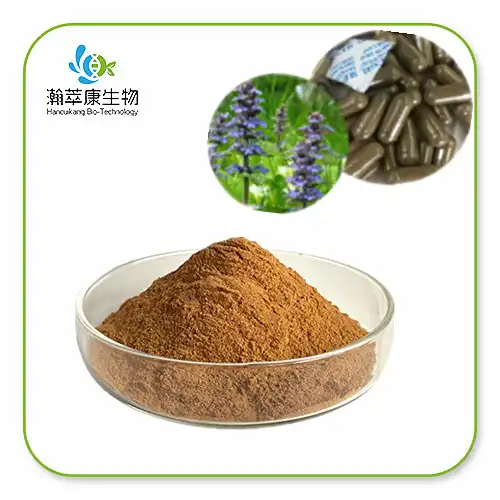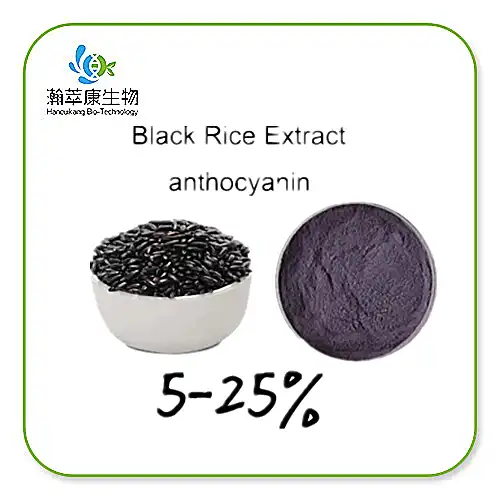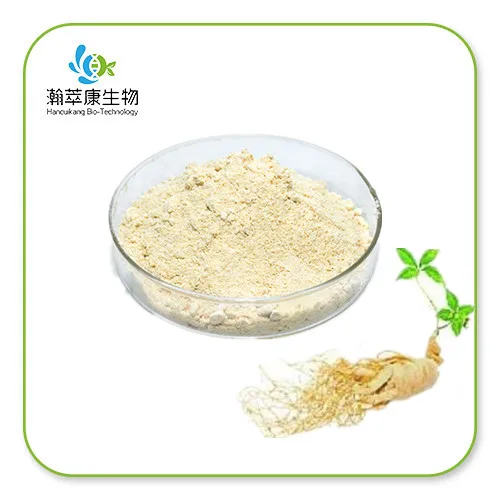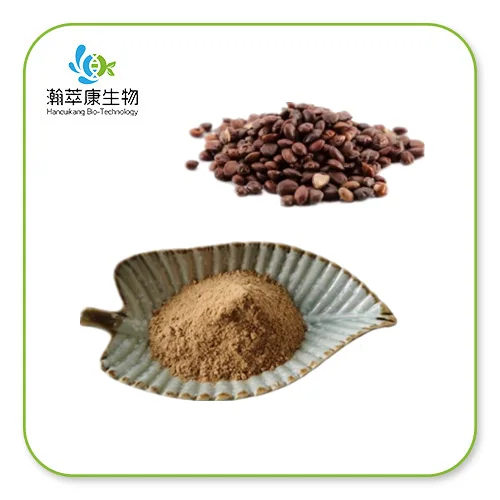Unlocking the Benefits of Apigenin Powder: Uses, Dosage, and Side Effects
2024-10-29 09:31:16
In the realm of natural supplements, Apigenin powder has emerged as a promising contender for those seeking to enhance their health and wellness. This potent bioflavonoid, found in various fruits and vegetables, has captured the attention of researchers and health enthusiasts alike. Let's delve into the world of Apigenin powder and uncover its potential benefits, proper usage, and how it compares to other natural supplements.
What is Apigenin Powder? Benefits and How It Works
Apigenin powder is derived from a naturally occurring flavonoid found in many plants, including parsley, celery, and chamomile tea. This powerful compound has garnered interest due to its diverse range of potential health benefits and its ability to modulate various biological processes in the body.
Some of the noteworthy benefits associated with Apigenin powder include:
- Antioxidant properties: Apigenin acts as a potent antioxidant, helping to neutralize harmful free radicals in the body.
- Anti-inflammatory effects: It may help reduce inflammation, potentially benefiting those with chronic inflammatory conditions.
- Anxiety reduction: Some studies suggest that Apigenin may have anxiolytic properties, potentially helping to alleviate anxiety symptoms.
- Cancer-fighting potential: Preliminary research indicates that Apigenin may have anti-cancer properties, though more studies are needed to confirm its efficacy in humans.
- Cardiovascular health: Apigenin may contribute to heart health by helping to lower blood pressure and improve circulation.
The mechanism of action behind Apigenin's benefits is multifaceted. It interacts with various cellular pathways, including PI3K/AKT, MAPK/ERK, and NF-κB, which play crucial roles in cell growth, inflammation, and immune response. By modulating these pathways, Apigenin exerts its wide-ranging effects on the body.
How to Use Apigenin Powder for Better Health and Wellness
Incorporating Apigenin powder into your wellness routine requires careful consideration of dosage and timing. While Apigenin is generally considered safe, it's essential to use it judiciously and consult with a healthcare professional before starting any new supplement regimen.
Dosage recommendations for Apigenin powder can vary depending on the intended use and individual factors. However, a typical dosage range for supplementation is between 50-500 mg per day. It's advisable to start with a lower dose and gradually increase it while monitoring for any potential side effects.
For those looking to harness Apigenin's potential sleep-enhancing properties, taking it 20-30 minutes before bedtime may be beneficial. Some users report improved sleep quality when consuming Apigenin-rich foods or supplements in the evening.
It's worth noting that Apigenin's bioavailability can be limited when taken orally. To enhance absorption, consider the following tips:
- Combine Apigenin powder with a source of healthy fats, as it is fat-soluble.
- Look for formulations that include other compounds known to enhance bioavailability, such as piperine.
- Consider sublingual administration for potentially improved absorption.
While Apigenin is generally well-tolerated, some individuals may experience mild side effects such as digestive discomfort or headaches. If you experience any adverse reactions, discontinue use and consult your healthcare provider.
Comparing Apigenin Powder with Other Natural Supplements
In the vast landscape of natural supplements, Apigenin powder stands out for its unique properties and potential benefits. Let's compare it to some other popular natural supplements to understand its relative strengths and applications:
- Apigenin vs. Curcumin: Both are potent antioxidants and anti-inflammatory agents. While curcumin is well-known for its joint health benefits, Apigenin may have a slight edge in terms of its potential anxiolytic and sleep-promoting effects.
- Apigenin vs. Resveratrol: These compounds share similar antioxidant properties. Resveratrol is often associated with longevity and cardiovascular health, while Apigenin may offer additional benefits for anxiety and sleep quality.
- Apigenin vs. Green Tea Extract: Both contain beneficial flavonoids. Green tea extract is known for its metabolism-boosting properties, while Apigenin may be more beneficial for those seeking calm and improved sleep.
- Apigenin vs. Quercetin: These flavonoids have overlapping benefits, including anti-inflammatory and antioxidant effects. Apigenin may have more pronounced anxiolytic properties, while quercetin is often used for allergy relief.
When choosing between these supplements, consider your specific health goals and consult with a healthcare professional to determine the most appropriate option for your needs.
In conclusion, Apigenin powder offers a range of potential health benefits, from antioxidant support to improved sleep quality. Its unique properties make it a valuable addition to many wellness routines. However, as with any supplement, it's crucial to use Apigenin powder responsibly and in consultation with a healthcare provider.
If you're interested in exploring the benefits of Apigenin powder for yourself, consider reaching out to Baoji Hancui Kang Biological Technology Co., Ltd. for high-quality, research-backed products. Contact us at fxu45118@gmail.com to learn more about our Apigenin powder and how it can support your health and wellness journey.
References:
- Shankar, E., et al. (2017). Plant flavone apigenin: An emerging anticancer agent. Current Pharmacology Reports, 3(6), 423-446.
- Nabavi, S. F., et al. (2018). Apigenin and Alzheimer's disease: An update. Neuropeptides, 71, 30-36.
- Salehi, B., et al. (2019). The therapeutic potential of apigenin. International Journal of Molecular Sciences, 20(6), 1305.
- Yan, X., et al. (2020). Apigenin in cancer therapy: Anti-cancer effects and mechanisms of action. Cell & Bioscience, 10(1), 1-26.
- Mani, R., & Natesan, V. (2018). Chrysin: Sources, beneficial pharmacological activities, and molecular mechanism of action. Phytochemistry, 145, 187-196.
- Shukla, S., & Gupta, S. (2010). Apigenin: A promising molecule for cancer prevention. Pharmaceutical Research, 27(6), 962-978.

